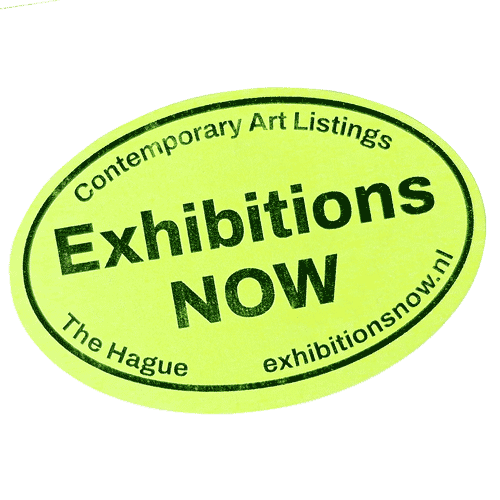
- This event has passed.
Workshop Field Notes: Making paper, making place with Akash Kumar at iii
This workshop is open to all; no prior experience necessary. Come ready to experiment, get your hands messy, and explore what it means to make with what’s already here!
What participants should bring with them
Found or personal materials:
– Small natural materials: dried leaves, flowers, grass, seed pods, or food scraps
– Personal fragments: old handwritten notes, fabric offcuts, thread, newspaper, receipts, etc. (These can be pulped into paper or collaged into pages.)
This is a hands-on workshop that explores the ecology of making through foraging, papermaking, and bookbinding. Together, we’ll gather materials from the landscape around iii, from algae to garden waste, and combine them with personal contributions brought by participants. Through experimental techniques, we’ll transform these found and foraged elements into handmade sheets of paper.
As the workshop unfolds, we will work with various raw materials of paper. In the final session, we will collectively stitch together a booklet, a tactile archive of place, process, and collaboration. Each page will carry a memory of material, site, and the hands that shaped it.
What participants will leave the workshop with
Participants will leave the workshop with a handmade booklet created from foraged and personal materials, stitched together as a collective record of place and process. Alongside their unique book, new skills in papermaking and bookbinding, and a deeper awareness of how the local environment can be transformed into meaningful artistic material. More than just objects, they’ll carry the shared experience of making, experimenting, and connecting with others through natural and found elements.
About Akash Kumar
Akash is an Artist and maker working at the intersection of material culture, with a practice grounded in hands-on making as a form of inquiry. With a focus on textiles, folklore, and storytelling, Akash explores how knowledge is shared across generations through embodied practices and collective craft. Rooted in a making background and guided by land-based traditions, their work nurtures sustainable ecosystems, both social and ecological, through design, pedagogy, and regenerative practices. Akash regularly facilitates workshops for all ages, creating spaces for shared knowledge and experimental making.

